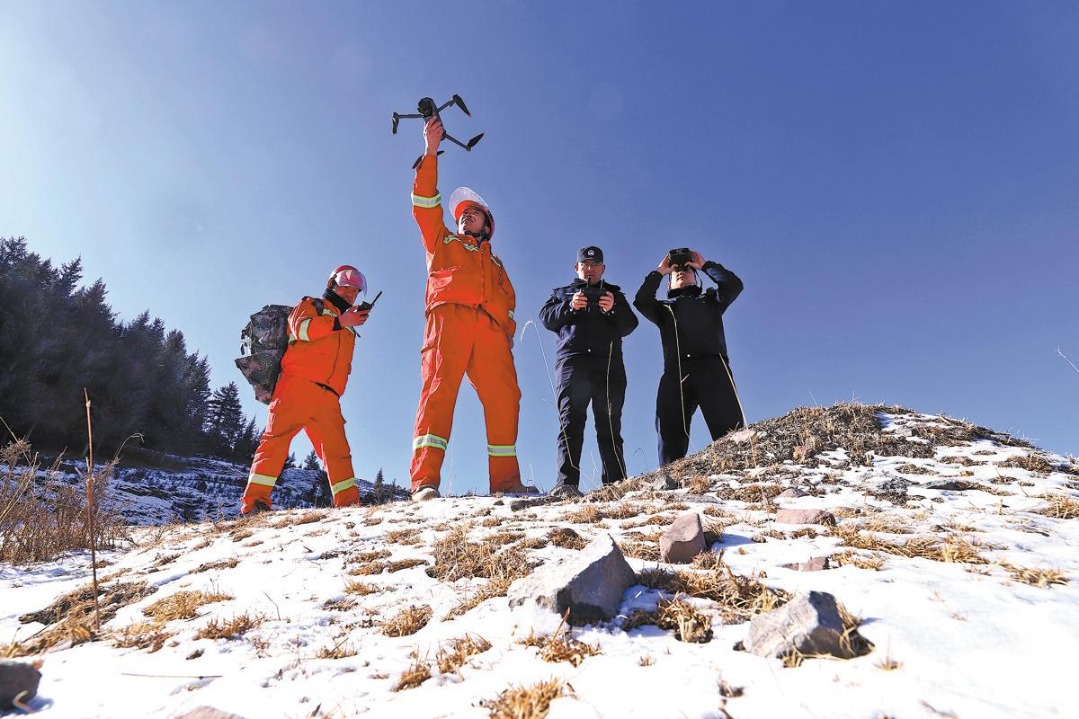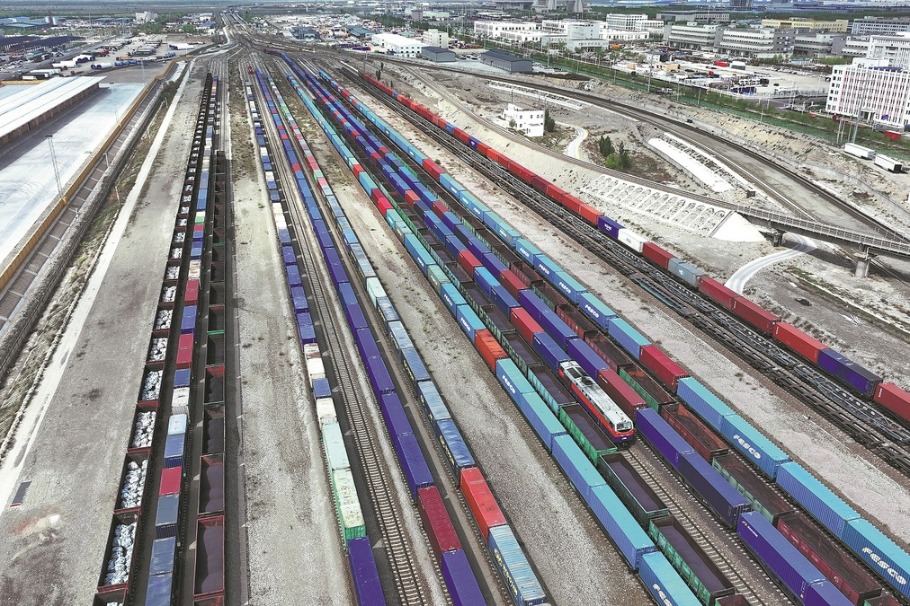It's the beginning of the end for ivory in China

The doors to the ivory trade in China closed on Sunday, as the world started 2018 a step closer to a land free of the slaughter of endangered animals.
That was the message from the State Forestry Administration, which said the country has honored its commitment to end commercial processing and sales of ivory by the end of 2017, calling it a "new year gift to the elephant".
It means all 34 processing enterprises and 143 designated trading venues have closed in what was once the world's largest ivory market.
"The Chinese authorities will continue to clamp down on ivory collection as well as the processing, sales, transportation and smuggling of elephant tusks," the administration said.
Rising wealth, a growing appreciation of ivory as part of Chinese cultural heritage, its value as a status symbol and popular gift, and a sense that it was an inflation-proof investment created a boom in the industry, and a huge opportunity for global crime syndicates to exploit.
According to the International Union for Conservation of Nature, the population of African elephants has fallen by 111,000 in the past decade. The overall trend in poaching shows a decline from the 2011 peak, but levels are still too high when viewed continentwide.
The Worldwide Fund for Nature found that the number of elephants in parts of Cameroon, Congo, Central African Republic and Gabon shrank by 66 percent between 2008 and 2016.
In 2015, China joined global efforts to tackle the problem and announced it would ban imports of ivory and ivory products.
The clampdown on the trade has pushed the price of ivory down, and the number of elephants killed in the past three years has fallen by 65 percent, according to a report by Save the Elephants.
Save the Elephants researchers said the price of ivory dropped drastically from its peak of $2,100 a kilogram in 2014 to $730 a kg in February.
"China's ban is crucial for elephants," said Peter Knights, executive director of WildAid, a nonprofit organization based in the United States.
Poaching for the trade in ivory is estimated to claim about 30,000 elephants worldwide every year.
Xinhua
- Xi, Tokayev attend ceremony of exchanging cooperation documents
- Zhuhai checkpoints leading to Macao, Hong Kong register 100 million trips
- What the Shenzhou XX astronauts are doing after over 50 days in space
- Beijing-Tianjin-Hebei logistics index hit 52.17% in Q1 of 2025
- Science Talk: Is Red Sun threat rumor or reality?
- 6 remain missing after fireworks factory blast in Hunan, 1 dead





































